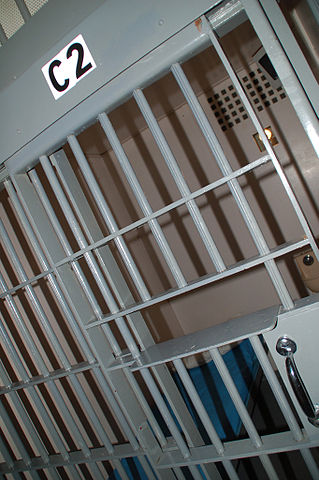Unlawful Knowledge

Imagine the following: a man is charged with the brutal rape of an elderly woman. After rounds of interrogation, he finally cracks and confesses. During his trial, that confession is retold to the jury, and it is riddled with facts that only the attacker could have known: how he entered the home, where he struck his victim, etc. The jury, of course, convicts the accused.
In the matter of Eddie Lowery, something akin to the above happened. He was accused of — and confessed to — the rape of a 75 year old woman, recounting his bad acts in great detail. Lowery served a decade in prison for his crime. Or, rather, Lowery served a decade in prison for the crime of some other man. Because, despite what he somehow knew, Eddie Lowery was innocent.
As reported by the New York Times, Lowery was exonerated when DNA evidence demonstrated that someone else was the rapist, not Lowery. But that came well after his parole, ten years after his conviction. And it came after the trial, the confession, and, importantly, a seven hour interrogation by police. University of Virginia law professor Brandon L. Garrett — who studied the stories of roughly 40 such innocents who confessed — offered a likely theory to the Times centering upon these lengthy interrogations. The stress leaves the accused in poor mental shape, looking for any way to end the badgering by police. So they confess, perhaps in hopes that their weak grasp of salient facts will later demonstrate the confession to be an empty one.
But something else occurs during that interrogation, argue Garrett and others. The police, most likely unintentionally, make mention of these facts here and there, and the accused may remember them and, subconsciously, reintroduce them into their confessions. (Or, perhaps, the police “correct” the accused along the way.) So instead of being able to point to clear and convincing evidence that your “confession” was anything but, the accused unintentionally demonstrate their guilt — falsely.
Lowery would find himself back in the legal system after this imbroglio — he brought an action against the district which wrongly convicted him, and received a $7.5 million settlement.
Bonus fact: The University of Michigan and Northwestern University, together, maintain a database of people who were convicted of felonies but later exonerated. As of this writing, their National Registry of the Exonerated lists over 900 people, seen here. (Eddie Lowery’s entry can be read here.)
From the Archives: Ice Cream, You Scream: Another conviction with odd circumstances. No confessions, though: this one involves ice cream and super glue.
Related: “Convicting the Innocent: Where Criminal Prosecutions Go Wrong” by the aformentioned Professor Garrett. Four reviews, five stars each.

Leave a comment